The smart cities competition run by KfW and the German Federal Ministry of the Interior assists German cities and municipalities with their digital transformation. Climate issues are a top priority factor in this process. We bring you an interim report from six competition-winning cities.
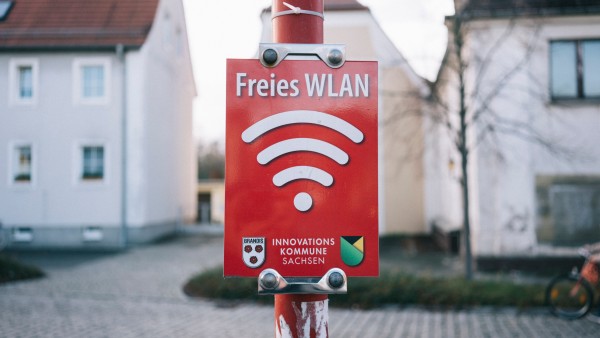
Free Wi-Fi is a part of everyday life in the Saxony town of Brandis.
“Sustainability is paramount,” says Dirk Wagner, who is responsible for digital transformation at Solingen City Hall. The city in the German state of North Rhine-Westphalia is one of the 13 winners from the first round of the Smart Cities Pilot Projects competition, which the Federal Ministry of the Interior, Building and Community (BMI) launched last year. Over a period of four phases and ten years, the BMI will distribute EUR 750 million in grants to the selected cities and municipalities via KfW. The recipients are to spend this on digital projects and expected to top up the funds by contributing up to a third extra from their own resources, depending on their financial strength.
In the first round, cities such as Solingen, Ulm, Cottbus and Kaiserslautern prevailed, as did municipal groupings such as the South Westphalian Five (Arnsberg, Olpe, Menden, Soest and Bad Berleburg) and a joint effort from Brandis, Naunhof, Borsdorf, Großpösna, Belgershain, Parthenstein and Machern in northwest Saxony.
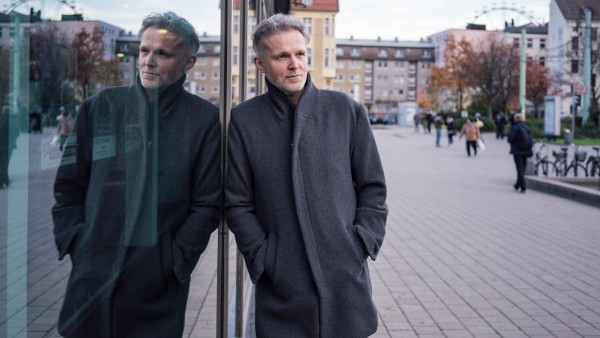
Gustav Lebhart is committed to delivering e-government in Cottbus.
It is clear from the winning parties’ ideas and the projects they have already implemented that municipalities are often able to couple technological change with climate protection. Digital technology is used to conserve resources and reduce harmful emissions. In Solingen, for example, the members of the city council access all the necessary documents on their tablets. In parliamentary business, going digital cuts out the need for paper, printing and delivery. Typical measures adopted by smart cities also include converting the internal administrative documents to electronic files. At the same time, they are close to achieving their goal of offering all city administration services online – people can go straight to the town hall from home. Cottbus even brought the Austrian e-government expert Gustav Lebhart to its town hall for this purpose.
All the municipalities involved in the competition are working to ensure that their transport systems are user-friendly and release fewer emissions. Brandis, near Leipzig, is considering a combined hire model for electric cars and e-bikes. Arnsberg, in the Sauerland area of North Rhine-Westphalia, is cutting down on the number of vehicles driving around in search of town-centre parking spots by introducing a parking guidance and information system. Kaiserslautern’s digital czar, Martin Verlage, is looking to work with the city’s technical university on semi-autonomous driving. Solingen is using battery-powered trolleybuses instead of diesel engines on routes without overhead lines. “Mobility on demand” is the name Cottbus has adopted for the task of using digital solutions to make public transport more efficient during quiet periods or on less busy routes. Ulm is working to combine various customised transport options that are suitable for the size of the city and the needs of its inhabitants.
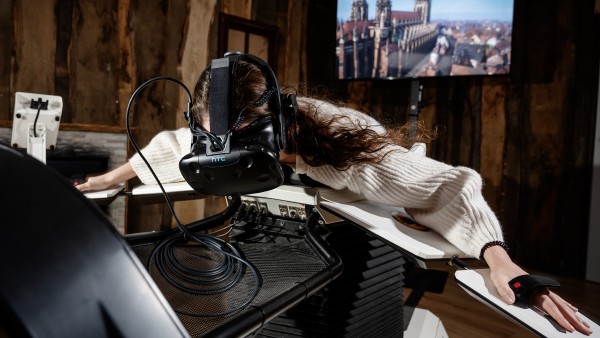
Getting to know Ulm via virtual reality.
Most of the plans also involve the use of digital sensor technology. All kinds of measured data are shared via the Internet of Things. The long-range wide-area network (LoRaWAN) costs next to nothing and is readily available. In Ulm, the aim is to remotely check whether cycle paths are in a usable condition and whether the city’s plant beds need watering. As a result, fewer inspection visits by municipal employees will be needed. Arnsberg is providing the processed data from the city’s own geographic information system to all its residents. Detailed maps of the districts show the locations of day care facilities for children, playgrounds, bus stops or even glass recycling containers, which can help people looking for a flat to make a decision.

Martin Verlage, Kaiserslautern’s digital czar.
Almost all the municipal digitalisation scenarios involve a touch of science fiction. Three digital applications appear particularly frequently: intelligent street lights, smart rubbish bins and parking sensors. The street lights’ lamps adapt the lighting conditions to the traffic and the weather, reducing electricity use significantly. Kaiserslautern has already installed the system along a test route. Rubbish bins signal how full they are to the waste collection service, which only comes when necessary. Parking sensors – already installed in some cities – report free parking spaces, reducing the volume of traffic looking for a spot in the city centre and resulting in better air quality.
By setting an example with their plans, the award-winning municipalities act as role models for others to emulate. The aim is for the whole of Germany to learn from the pilot projects, which will go into their second round this year. “All those selected must be prepared to share their findings with others,” says judging panel chair Anne Katrin Bohle from the Ministry of the Interior.
Published on KfW Stories: 30 September 2020.

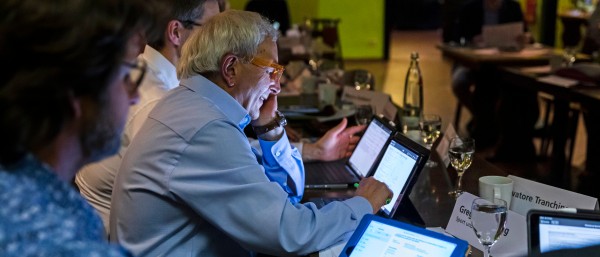
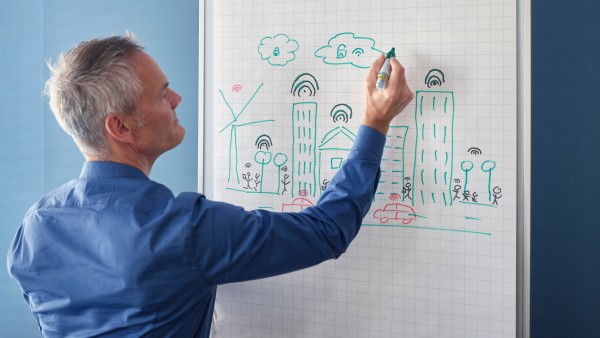
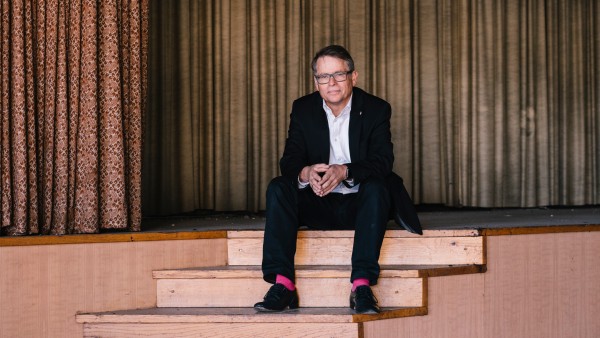
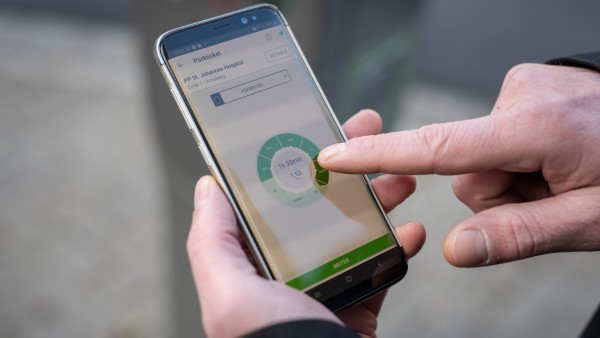
Data protection principles
If you click on one of the following icons, your data will be sent to the corresponding social network.
Privacy information